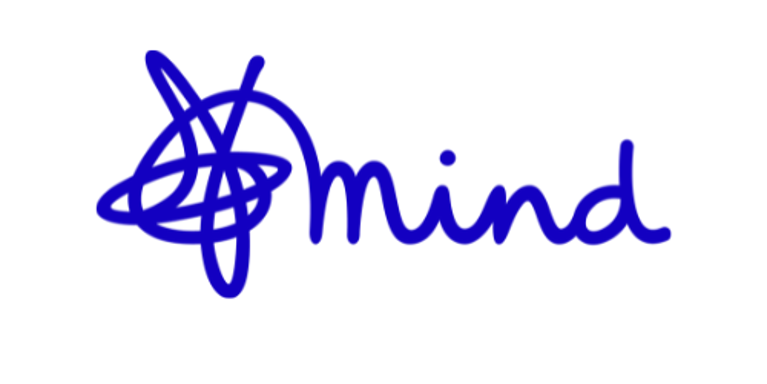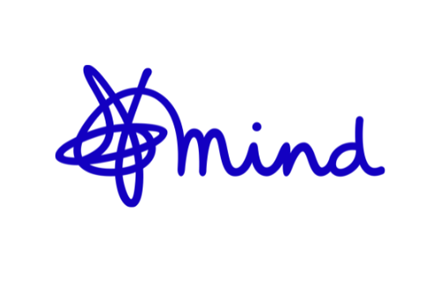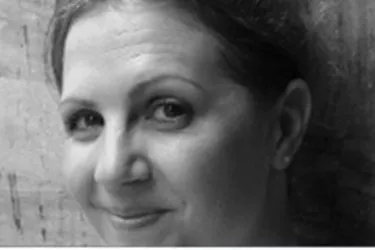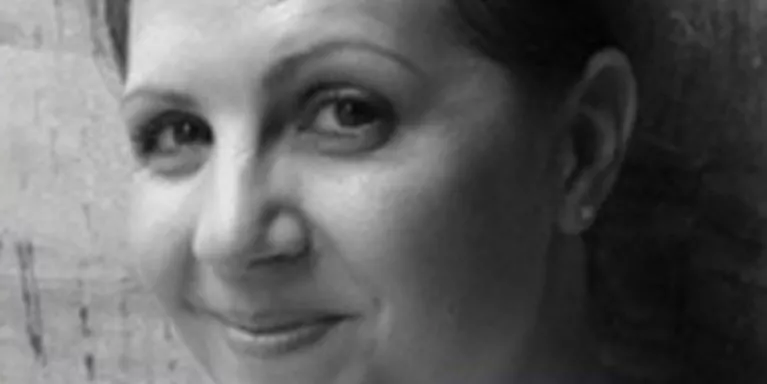Little boxes
Do you have too much sex? Or not enough? Either way, you’re mentally disordered, according to new guidelines.
Shaun Johnson is a Trustee of Mind and has been involved in the service user / survivor movement for many years. He was a member of the NICE Guideline Development Group on Medicines Concordance and has a varied background in writing, publishing, art, music and journalism.
Do you have too much sex? Or not enough? Either way, you’re obviously mentally disordered! Or you very well might be in 2013 when the DSM-5, the new edition of the Diagnostic and Statistical Manual, is published.
Indeed, you may even be classified as mentally disordered if you don’t think about sex as much as you ought to, though the same will happen if you think about it too much too. Of course, the proposed new inclusions in the DSM-5 aren’t all about sex, though you do have to wonder how a psychiatrist will define at what point someone tips over the threshold of having too much or too little sex and at what point, like Goldilocks and her porridge, your sex life becomes ‘just right’?
The most notable feature of the proposed changes is the way in which it widens the scope and lessens the threshold for diagnosis. In real terms, this means that more people will find themselves diagnosed with a mental health problem or personality disorder, pathologised, stigmatised and medicated. Hey, you could even be classified as having a mental health problem if you have Restless Legs Syndrome! You think I’m making this up? I wish I was....
Still not given up smoking? Why, you have Nicotine-Use Disorder, especially if you smoke “larger amounts or over a longer period than was intended.” I wonder how many cigarettes you are supposed to smoke? Perhaps it should start saying on the packet? Talk in your sleep? That’s Rapid Eye Movement Behaviour Disorder!
Got a child who you think might at some point in the future go a bit mad? Get them labelled and drugged now! Although only a small fraction of children at risk of psychosis ever develop it, that hasn’t stopped the working group of the DSM-5 wanting to introduce a Psychosis Risk Syndrome. But maybe your child just has tantrums? No worries, get them diagnosed with Temper Dysregulation Disorder with Dysphoria and they’ll be medicated up in no time. Sorted!
It seems ironic that when the general trend outside of psychiatry is focused on ‘wellness’ and ‘recovery’ in mental health, psychiatry is heading in the opposite direction of wanting to label more and more people with psychiatric diagnoses. This isn’t a new trend of course, with the last edition of the DSM seven times thicker than the first edition, published in 1952.
Unlike other areas of medicine, though, the new conditions are not a result of scientific breakthroughs. How people are diagnosed is essentially a subjective value judgment rather than anything based on scientific evidence. Even so, certain symptoms tend to be grouped together and labels stuck on them. That, however, sounds clearer cut than it actually is, since the same symptoms can be used to diagnose different conditions.
This can be due to a whole number of reasons that have no validity at all. Exhibiting identical symptoms, you’re more likely to be diagnosed as having bipolar if you’re middle class and schizophrenia if you’re working class. You could also be diagnosed with schizoaffective disorder or schizotypal personality disorder. Whatever diagnosis you end up with, the impact on your life, your health and your long-term prospects is going to be very different, in some cases devastating.
It would make sense surely to aim towards drugging and labelling less people rather than more, but sense and psychiatry sometimes make uneasy bedfellows. Once labelled with a mental health condition, you are never cured, the closest you will get is being in remission. Once branded, you are never truly free again. But as more and more people find themselves diagnosed with a mental health problem, perhaps one day it will be so common as to lose all meaning and all the stigma associated with it will disappear with it? I suspect, however, that it will never quite get to that stage.
It does though beg the question of why psychiatry has such an obsession with medicalising, categorising and compartmentalising natural reactions to what has happened to us in our lives and the environment we find ourselves in. To then try to find biological reasons for those perfectly understandable reactions makes no sense at all. If psychiatry were a person, it would be diagnosed as suffering from an obsessive compulsive disorder with delusional tendencies.
Perhaps the most sinister aspect of all this is the underlying pressure to conform. Don’t smoke, don’t misbehave, don’t be unhappy, don’t rebel, don’t make a fuss, don’t have spiritual experiences, and don’t harm yourself unless doing so in a socially acceptable way. Indeed, one of the many proposed alterations to the definition of personality disorder is to specifically mention a lack of cooperativeness as a diagnosable symptom. So, theoretically, disagreeing with your doctor or not taking a medication that isn’t doing you any good could get you diagnosed with a personality disorder.
Rather than creating more and more categories of mental distress and personality disorder, shouldn’t the DSM-5 urge psychiatrists to destroy all previous editions and simply treat people as individuals? Categorization leads to people becoming dehumanised and objectified, forced into little boxes, some labelled as schizophrenic, some as depressive, some as personality disordered, none of them individuals with unique experiences that have produced the people they are today, deeply troubled, distressed and hurting sometimes, but no less human than the psychiatrists who are supposed to be helping them.
Related Topics

Donate
Your donation could give someone hope and help them know they're not alone
Share your story with others
Blogs and stories can show that people with mental health problems are cared about, understood and listened to. We can use it to challenge the status quo and change attitudes.

















